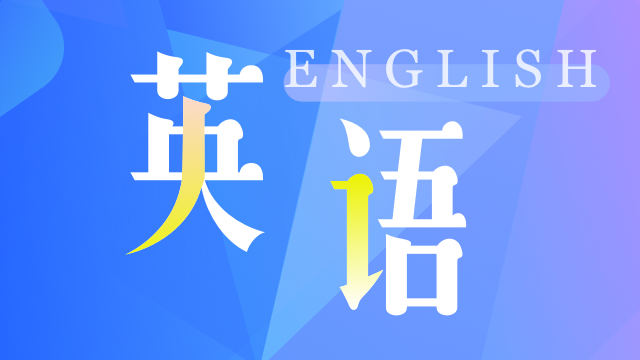参加“婚礼”“葬礼”都一样用的表达
对抽象名词进行准确分类有助于我们提高对这个词的运用能力。
同一类别的词除了可以用同一个词进行解释外,它们在使用上也有很多相通之处。举例来说,我们词表中有一个类别是occasion(场合),这个类别有以下几个词:
meeting(会议)interview(面试)party(聚会)picnic(聚餐)
wedding(婚礼)funeral(葬礼)barbecue(烧烤)ceremony(庆典)
因为这些词指的都是某一个社交场合,所以它们都可以分别与下面的词搭配:
首先是“有没有”的问题,所有的词都可用there be来表示。
其次是“举办”的问题,多数可以与give,have或throw搭配,如:
We’ll have a wedding/ceremony/meeting.
We’ll throw a party/picnic/barbecue.
We’ll give him a funeral/interview.
还有“是否参加”的问题,都可以与go to搭配。如:
I will go to a meeting/interview/party/picnic/wedding/funeral.
也可以与各种介词搭配,你可以说:
I meet a beautiful girl at a wedding/party/picnic.
也可以说:
I brought you some food from the party/wedding/barbecue.
既然是一个社交场合,那就存在着是否有亮点的问题,所以你就可以说:
The high point of the wedding is when they kissed each other.婚礼的高潮是他们互相亲吻。
The only good of the ceremony is the food.吃得还不错,是这次庆典的唯一亮点。
(本文内容由黑天鹅图书授权连载,对方保留版权追究权利,如无授权,请万勿转载。)











